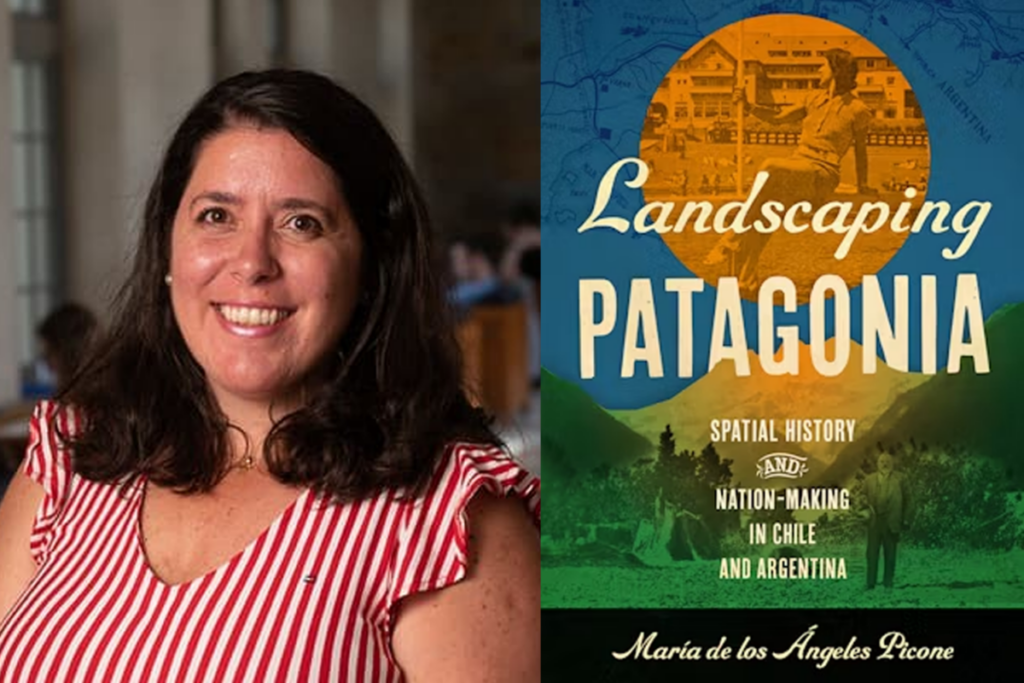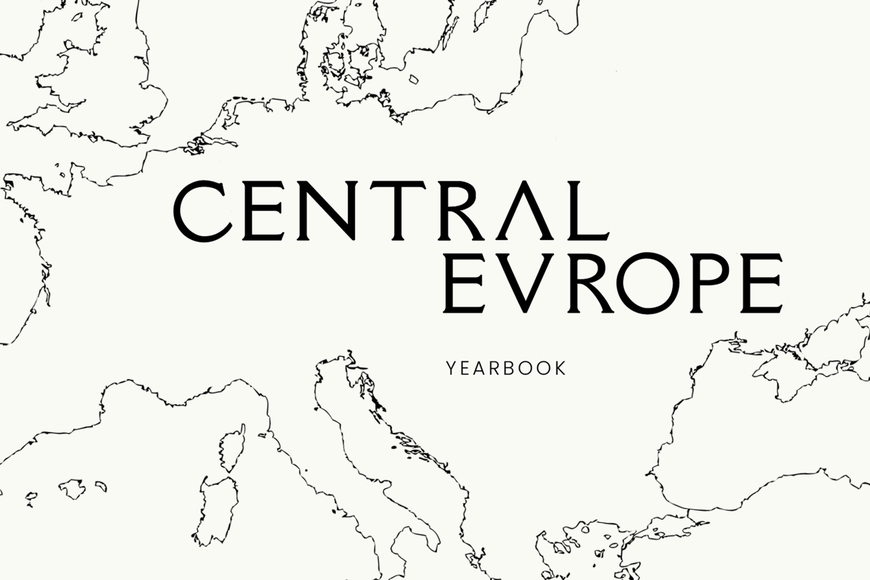
Dr. María de los Ángeles Picone (PhD, 2019) has published her first book, Landscaping Patagonia: Spatial History and Nation-Making in Chile and Argentina, with UNC Press. Focused on northern Patagonia in the late-19th and early-20th centuries, the inventive monograph charts how an array of people who lived in, governed, and traveled through this region “sought to construct versions of Chile and Argentina based on their ideas about and experiences in geographical space.” Dr. Emily Wakild, a leading environmental historian of Latin America, describes Landscaping Patagonia as a “masterful, field-changing work.” She continues: “The Patagonian landscape takes center stage as Picone brings to life the people who inhabited this ecologically and culturally expansive region.” Picone, currently an Assistant Professor of History at Boston College, completed her dissertation under the advisement of Drs. Jeffrey Lesser, Thomas D. Rogers, and Yanna Yannakakis in 2019. Read the full abstract of Landscaping Patagonia below.
In late nineteenth-century Latin America, governments used new scientific, technological, and geographical knowledge not only to consolidate power and protect borders but also to define the physical contours of their respective nations. Chilean and Argentine authorities in particular attempted to transform northern Patagonia, a space they perceived as “desert,” through a myriad of nationalizing policies, from military campaigns to hotels. But beyond the urban governing halls of Chile and Argentina, explorers, migrants, local authorities, bandits, and visitors also made sense of the nation by inhabiting the physical space of the northern Patagonian Andes. They surveyed passes, opened roads, claimed land titles or leases, traveled miles to the nearest police station, rode miles on horseback to escape the police, and hiked the landscape.
María de los Ángeles Picone tells the story of how people living, governing, and traveling through northern Patagonia sought to construct versions of Chile and Argentina based on their ideas about and experiences in geographical space in the late nineteenth and early twentieth centuries. By repositioning the analytical focus from Santiago and Buenos Aires to northern Patagonia, Picone reveals how a wide array of actors, with varying degrees of political, economic, and social power, assigned distinctive—and sometimes conflicting—meanings to space and national identity.

